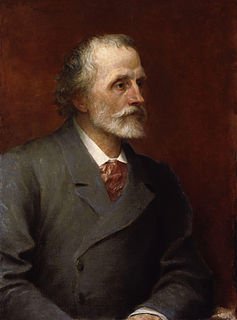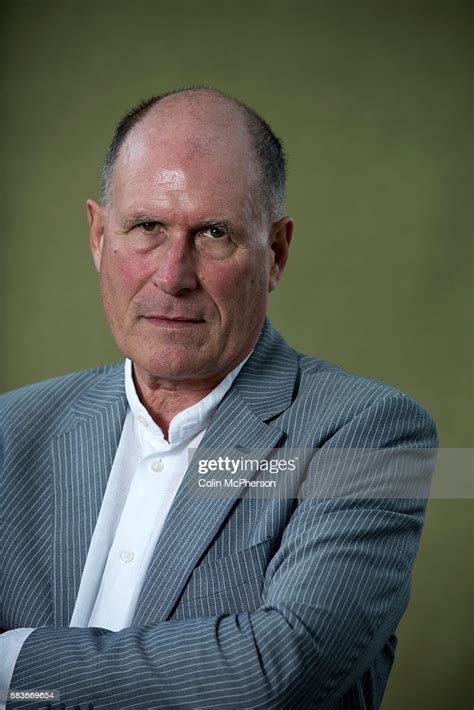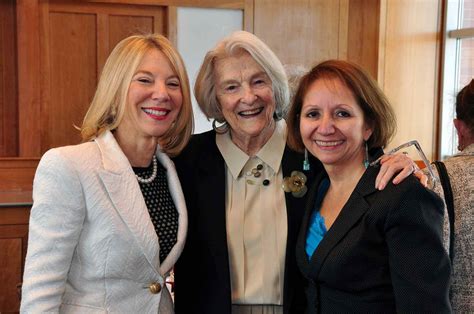A Quote by Ambrose Bierce
EXISTENCE, n. A transient, horrible, fantastic dream,/ Wherein is nothing yet all things do seem:/ From which we're wakened by a friendly nudge/ Of our bedfellow Death, and cry: "O fudge!"
Related Quotes
Photographers usually want to photograph facts and things. But I'm interested in the nature of the thing itself. A photograph of someone sleeping tells me nothing about their dream state; a photograph of a corpse tells me nothing about the nature of death. My work is about my life as an event, and I find myself to be very temporal, transient.
Every new born being indeed comes fresh and blithe into the new existence, and enjoys it as a free gift: but there is, and can be, nothing freely given. It's fresh existence is paid for by the old age and death of a worn out existence which has perished, but which contained the indestructible seed out of which the new existence has arisen: they are one being.
Perhaps it is not-being that is the true state, and all our dream of life is inexistent; but, if so, we feel that these phrases of music, these conceptions which exist in relation to our dream, must be nothing either. We shall perish, but we have as hostages these divine captives who will follow and share our fate. And death in their company is somehow less bitter, less inglorious, perhaps even less probable.
We can trace back our existence almost to a point. Former time presents us with trains of thoughts gradually diminishing to nothing. But our ideas of futurity are perpetually expanding. Our desires and our hopes, even when modified by our fears, seem to grasp at immensity. This alone would be sufficient to prove the progressiveness of our nature, and that this little earth is but a point from which we start toward a perfection of being.
The more science learns, the clearer it is that although we are here, we shouldn't be. Once we begin considering the details of it all, the towering odds against our existence begin to become a bit unsettling. When we come to see the superlatively extreme precariousness of our existence, and begin to understand how by any accounting, we ought not to exist, what are we to think or feel? Our existence seems to be not merely a virtually impossible miracle but the most outrageous miracle conceivable, one that makes previously amazing miracles seem like almost nothing.
The death of a dear friend, wife, brother, lover, which seemed nothing but privation, somewhat later assumes the aspect of a guide or genius; for it commonly operates revolutions in our way of life, terminates an epoch of infancy or of youth which was waiting to be closed, breaks up a wonted occupation, or a household, or style of living, and allows the formation of new ones more friendly to the growth of character.
If there is existence, there must be non-existence. And if there was a time when nothing existed, there must have been a time before that - when even nothing did not exist. Suddenly, when nothing came into existence, could one really say whether it belonged to the category of existence or non-existence?

































